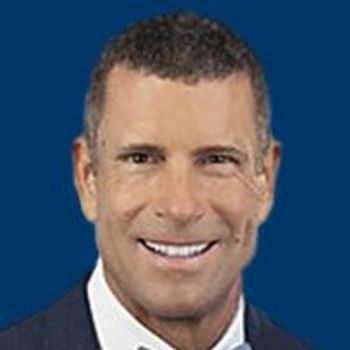
R. Lor Randall, MD, FACS, discusses advancements in preclinical research identifying therapeutic vulnerabilities in soft tissue sarcomas.

Your AI-Trained Oncology Knowledge Connection!


R. Lor Randall, MD, FACS, discusses advancements in preclinical research identifying therapeutic vulnerabilities in soft tissue sarcomas.
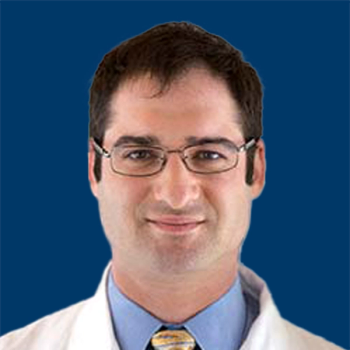
Jonathan Wesley Riess, MD, MS, and Megan E. Daly, MD, provide radiation and medical oncology perspectives on NCCN guideline updates in lung cancer.

R. Lor Randall, MD, FACS, discusses research in orthopedic oncology that is revolutionizing the management of metastatic bone disease from primary cancers.

Secondary metastatic involvement in the musculoskeletal system due to primary cancers and MBD affect patient quality of life and create gaps in care.
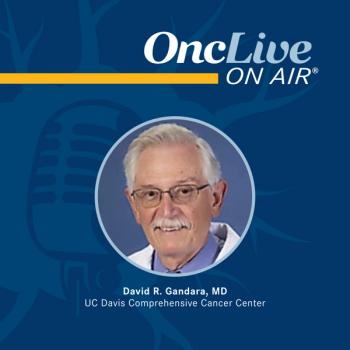
Dr Gandara discusses the optimal use of liquid biopsy for patients with NSCLC and available treatment options for patients with KRAS-mutant NSCLC.
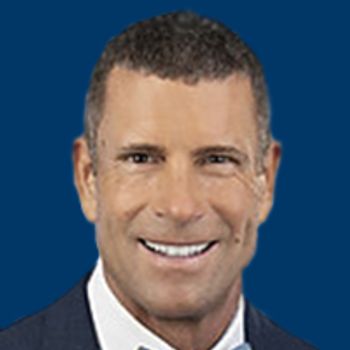
R. Lor Randall, MD, FACS, discusses the relationship between poverty, race, ethnicity, and survival outcomes in pediatric nonmetastatic osteosarcoma.

R. Lor Randall, MD, FACS, highlights key findings from the pivotal MOTION trial of vimseltinib in patients with TGCT.

R. Lor Randall, MD, FACS, details how he treats patients with TGCTs and the potential of vimseltinib to join pexidartinib in the treatment landscape.

R. Lor Randall, MD, FACS, details findings from a genetic and epigenetic study showing 5 sarcoma subtypes had EZH2 activity and a shared epigenetic profile.
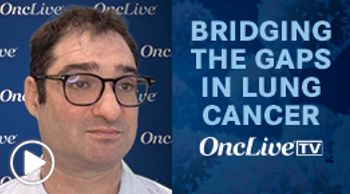
Jonathan Wesley Riess, MD, MS, discusses developments in the treatment of patients with NSCLC harboring ALK or ROS1 rearrangements.
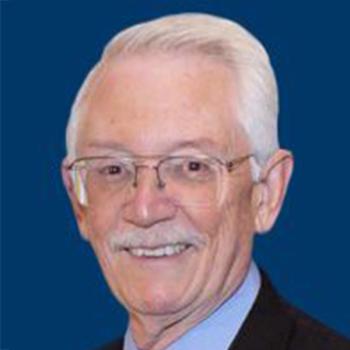
David R. Gandara, MD, discusses research reflecting the capabilities of ctDNA assays to detect MRD and prognosticate adjuvant NSCLC treatment outcomes.
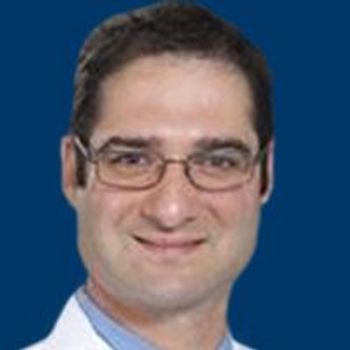
Jonathan W. Riess, MD, MS, and James Chih-Hsin Yang MD, PhD, debate the benefits of upfront osimertinib with/without chemotherapy in EGFR-mutant NSCLC.

Robert Lawrence Randall, MD, FACS, discusses the significance of risk-based therapy in patients with non-rhabdomyosarcoma soft tissue sarcoma.

R. Lor Randall, MD, FACS, detailed research into the relationship between guideline-concordant care and survival outcomes in patients with osteosarcoma in California.

R. Lor Randall, MD, FACS, discusses research examining ALDH1A1 and CD44, potential markers of osteosarcoma stem cells, and how further research may be warranted with cancer stem cells.

R. Lor Randall, MD, FACS, discusses the changing field of orthopedic oncology and gives his takeaways from the American Academy of Orthopedic Surgeons Meeting.

R. Lor Randall, MD, FACS, discusses the top takeaways from the inaugural 2024 Birmingham Orthopedic Oncology Meeting.

R. Lor Randall, MD, discusses the adequacy of active surveillance for select patients with diffuse-type tenosynovial giant cell tumor.
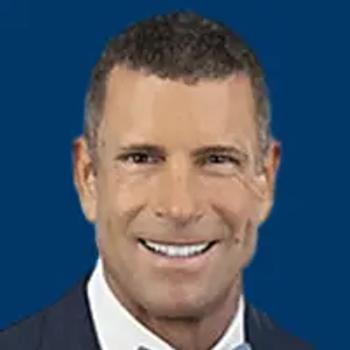
R. Lor Randall, MD, FACS, explains the next steps in ensuring adherence to clinical care guidelines in extremity sarcoma.
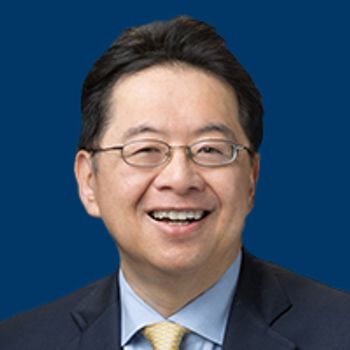
The University of Hawaii Cancer Center hopes to address treatment needs through its planned Early Phase Clinical Research Center.

R. Lor Randall, MD, FACS, discusses the early efficacy seen with vimseltinib monotherapy and pexidartinib plus surgery in tenosynovial giant cell tumors.
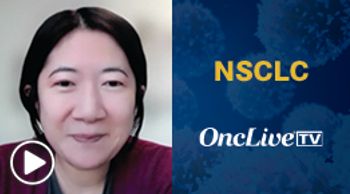
Misako Nagasaka, MD, discusses key data from the phase 1/2 TRIDENT-1 trial of repotrectinib in patients with ROS1+ non–small cell lung cancer.

R. Lor Randall, MD, FACS, emphasizes the overall potential for investigating the utility of engineered bone marrow in patients with osteosarcoma.
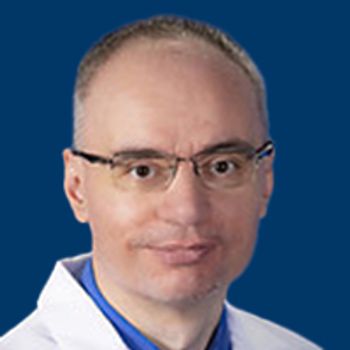
New research led by a UC Davis Comprehensive Cancer Center clinical scientist shows blood tests used to hunt for cancer DNA may help detect cancers faster and guide the use of targeted therapies.
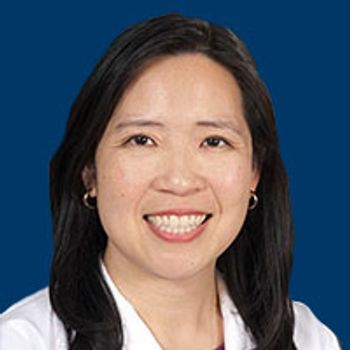
UC Davis Comprehensive Cancer Center has launched the state’s first-ever Tobacco Cessation Policy Research Center.
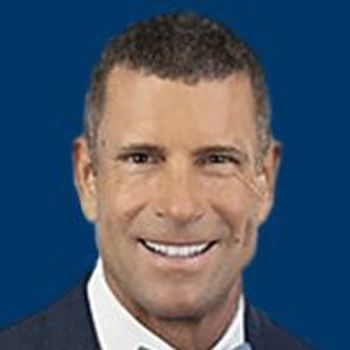
R. Lor Randall, MD, FACS, discusses the process of organizing the symposium, key surgical and non-surgical advancements as well as socioeconomic disparities identified in these papers, and the importance of this information for both surgical and medical oncologists.
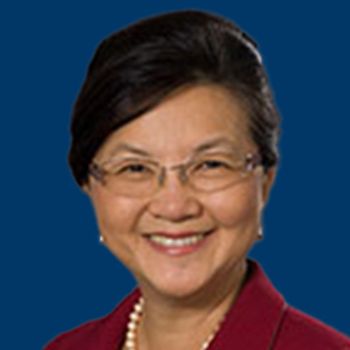
Gene therapy that induces the body to create microRNA-22, a naturally occurring molecule, successfully treated mice with hepatocellular carcinoma, the most common form of liver cancer.

R. Lor Randall, MD, FACS, explains the difference between noncancerous chondroblastoma and other bone neoplasms, details the typical diagnosis and treatment of this rare condition, and emphasizes the importance of pediatric and medical oncologists being able to identify it in clinic.

R. Lor Randall, MD, FACS, provides details about the 2024 Birmingham Orthopedic Oncology Meeting and its main topic of discussion, explains the rationale for its inception, and emphasizes the importance of this meeting for orthopedic oncologists treating chondrosarcoma.

R. Lor Randall, MD, FACS, discusses the use of neoadjuvant pazopanib in patients with non-rhabdomyosarcoma soft tissue sarcoma, expanded on findings from the subgroup analysis of ARST1321, and detailed the implications of these findings.